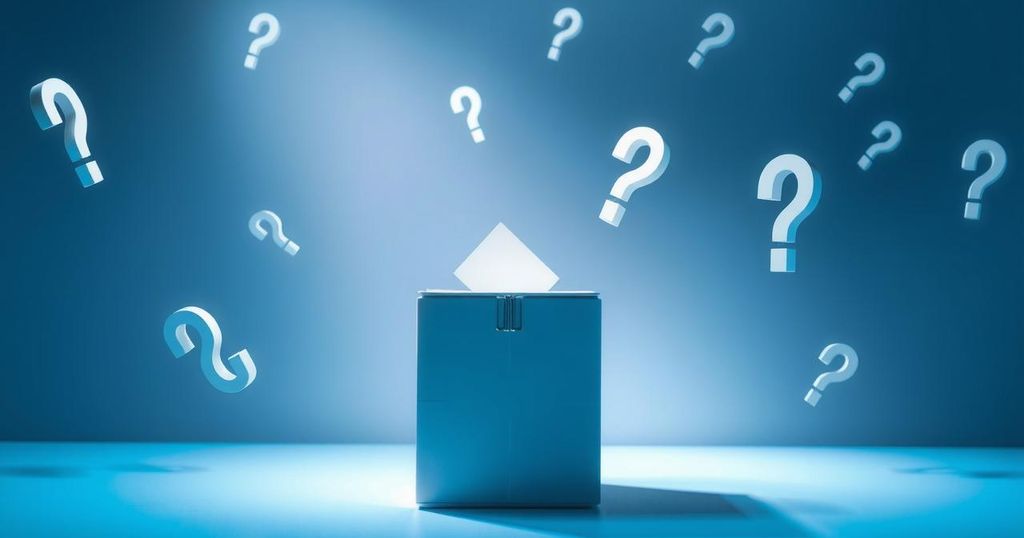World news
ASIA, CHINA, CNOSF, COSTA NAVARINO, DAVID LAPPARTIENT, DEMOCRACY, ELECTION, ELECTIONS, EUROPE, GREECE, INTERNATIONAL CYCLING UNION, INTERNATIONAL OLYMPIC COMMITTEE, IONIAN SEA, JUAN ANTONIO SAMARANCH JR, NORTH AMERICA, OLYMPIC GAMES, SEA, SEBASTIAN COE, THOMAS BACH, UNITED STATES, WORLD ATHLETICS, XI, XINHUA
Stella Nguyen
0 Comments
IOC Presidential Election Approaches: Unpredictability Characterizes Race
The IOC presidential election is approaching a decisive moment with no clear frontrunner. Candidates are making final appeals as voting nears, and the outcome remains uncertain. Key issues, including political neutrality and sustainability, will face the new leader, underscoring the election’s importance for the future of the Olympic Movement.
The election for the next president of the International Olympic Committee (IOC) is approaching its critical phase, with members set to vote on Thursday. Despite various media predictions, no candidate has established a clear lead, rendering this election highly unpredictable. The gathering occurs during the 144th Session, the last presided over by Thomas Bach, with aspirants intensifying their final appeals.
IOC Executive Board member, Li Lingwei, remarked on the intensity of the competition, stating, “This is an intense election, and everyone is carefully evaluating their choices. Each candidate has their own strength.” David Lappartient, a prominent candidate and the president of the International Cycling Union, anticipates that the election may require several voting rounds, highlighting that, “I think it’s moving fast, but I’m still in the race.”
Another candidate and former IOC member, Juan Antonio Samaranch Jr., emphasized the secrecy of the voting process, noting that, “It’s very easy to mistake a smile for a vote, a friendship for a vote, a nice word for a vote.” He pledged to remain engaged until the very last moment before voting commences.
The election employs a secret ballot system, requiring a candidate to secure an absolute majority to avoid elimination in subsequent rounds. Other candidates, such as Sebastian Coe and Kirsty Coventry, have opted for minimal public commentary. Prince Feisal bin Hussein expressed his optimism, stating, “I’m in it to win it,” yet understood that the final decision rests with the members.
Candidates Johan Eliasch and Morinari Watanabe highlighted their anticipation for the outcome while maintaining a sense of calm. The incoming IOC president will face crucial issues, including political neutrality, financial sustainability, and climate change, which remain pressing concerns for future Winter Games.
Frances’s IOC member, Martin Fourcade, stressed that the new president should embody strong leadership, whereby they must balance varied interests while promoting fairness. As the election deadline looms, candidates are persistently advocating for undecided voters, ensuring the significance of this moment extends beyond one individual.
In conclusion, the race for the presidency of the International Olympic Committee is entering a pivotal stage, marked by unpredictability and fervent competition among candidates. The election will set crucial precedents for the Olympic Movement, with various significant challenges awaiting the new leader. Discussions among IOC members remain intense, as they deliberate their choices for this critical appointment.
Original Source: english.news.cn




Post Comment